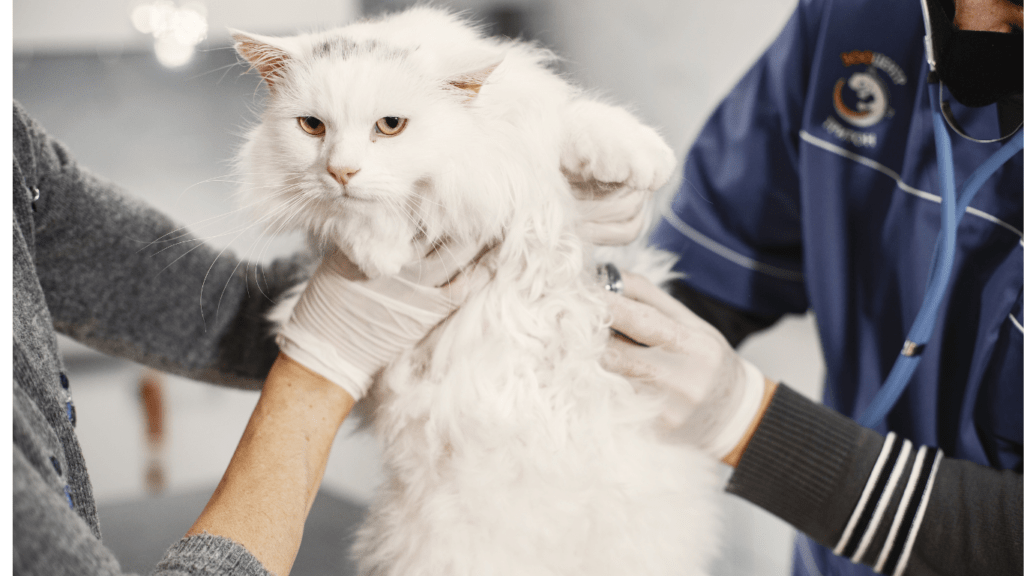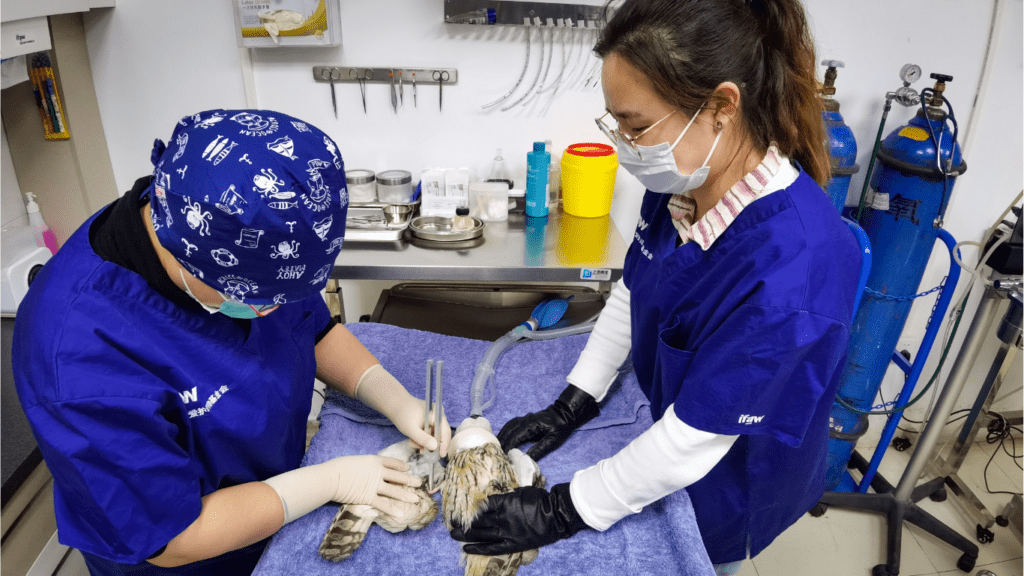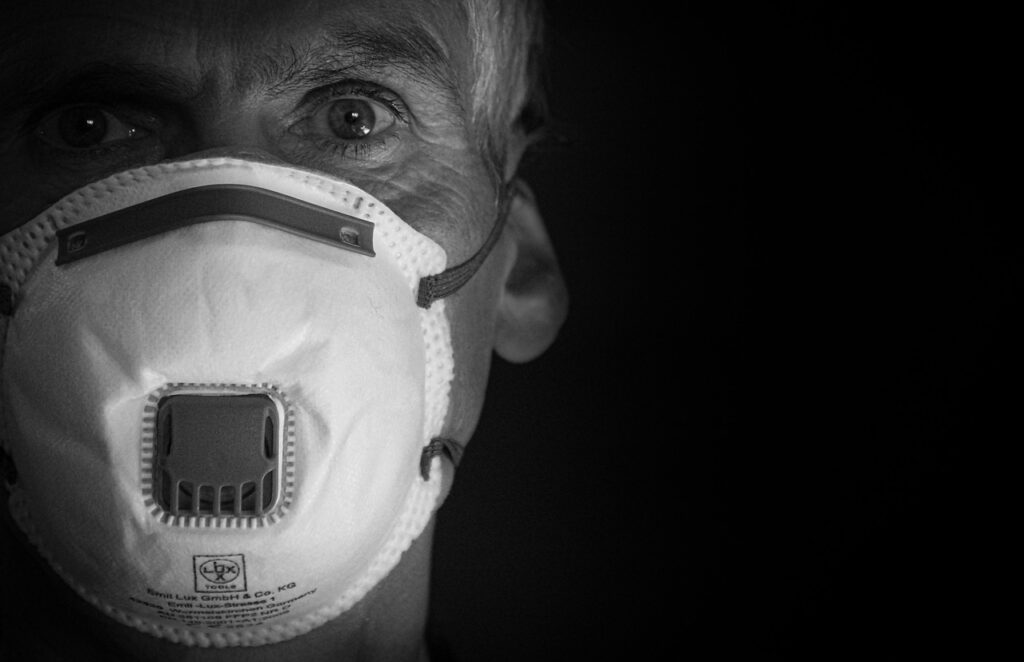Common Symptoms to Watch
Recognizing signs of potential health issues in pets can be crucial for early intervention. Here are common symptoms to watch for in your furry friends.
Changes in Behavior
Sudden behavioral changes, like:
- increased aggression
- withdrawal
can indicate underlying health problems. Pets showing distress, such as excessive barking or meowing, often need immediate attention. Anxiety or restlessness could signal discomfort or disease.
Alterations in Eating and Drinking Habits
Pay attention if your pet’s eating or drinking habits change drastically. Reduced appetite or refusal to eat might suggest illness. Increased thirst can indicate conditions like diabetes or kidney issues. Vomiting after meals should prompt a veterinary consultation.
Unusual Physical Changes
- Noticeable physical changes often point to health problems in pets.
- Swelling or lumps, for example, might be symptoms of tumors or infections.
- Sudden weight loss or gain should be addressed immediately.
- Skin conditions, including rashes or hair loss, can also be signs of allergies or other diseases.
- Regular monitoring and quick action improve the chances of addressing these symptoms effectively.
Serious Symptoms by Species
Recognizing serious symptoms in pets depends on their species. Each type of pet exhibits different signs that indicate the need for urgent veterinary attention.
Dogs
In dogs, several symptoms warrant immediate concern. Difficulty breathing, excessive vomiting or diarrhea, and persistent coughing are major red flags. Unusual lethargy or significant changes in behavior, like aggression or extreme withdrawal, suggest underlying issues. Watch for signs of pain, such as whining or limping, as they often indicate serious health problems. Rapid weight loss or gain and seizures also necessitate a vet visit.
Cats
Cats hide their illnesses well, so it’s crucial to note subtle signs. Watch for labored breathing and open-mouth panting, as these can signal respiratory issues. Vomiting more than once a day or having persistent diarrhea requires quick action. Changes in litter box habits or visible signs of discomfort, like straining to urinate, indicate potential urinary problems. Sudden lethargy or hiding, along with vocalizing more than usual, may also be signs of serious conditions.
Birds

Birds often mask their symptoms until they are critically ill. Fluffed up feathers combined with lethargy signify illness. Labored breathing or tail bobbing usually indicates respiratory distress. A bird that stops eating or drinking for more than 24 hours needs immediate attention. Watch for changes in droppings, such as color or consistency. Persistent vomiting or regurgitation, as well as sitting at the cage bottom, are serious symptoms.
Small Mammals
Small mammals, like rabbits and guinea pigs, require close observation for serious symptoms. Difficulty breathing or rapid breaths indicate respiratory issues. Loss of appetite for more than 12 hours is critical. Diarrhea or changes in stool consistency need urgent care. Noticeable lethargy, along with changes in normal behaviors, such as grooming less or showing reluctance to move, can be signs of distress. Any visible wounds or prolonged scratching also merit a vet visit.
When to Seek Immediate Veterinary Attention
Identifying serious symptoms in pets helps ensure timely and effective care. Certain signs necessitate immediate veterinary attention.
Breathing Difficulties
Pets struggling to breathe require urgent care. Look for rapid, labored, or wheezy breaths. Keep an eye out for open-mouth breathing in cats and birds. Note any blue or pale gums, which indicate oxygen deprivation.
Severe Vomiting or Diarrhea
Frequent vomiting or diarrhea, lasting more than 24 hours, needs veterinary assessment. Watch for signs of dehydration, lethargy, or blood in vomit or stool. Severe gastrointestinal issues often lead to life-threatening conditions.
Sudden Collapse or Paralysis
If a pet collapses or becomes paralyzed, immediate veterinary attention is crucial. Look for sudden inability to walk, dragging limbs, or unresponsive periods. Causes range from neurological issues to severe trauma and need prompt intervention.
Preventative Measures for Pet Health
Routine care ensures pets stay healthy and helps detect issues early. Conscious efforts in a few key areas can make a big difference.
Regular Vet Check-Ups
Scheduling regular vet check-ups is essential. Vets can identify potential health problems before they become serious. For example, annual exams help track weight, dental health, and overall physical condition. Blood tests can reveal hidden issues like kidney disease.
Maintaining a Healthy Diet
Prioritizing a balanced diet keeps pets in optimal health. Choose high-quality pet food suitable for the pet’s life stage and species. For instance, puppies need nutrient-rich food formulated for growth. Consult a vet for diet plans, especially for pets with specific health needs.
Keeping Up with Vaccinations
Vaccinations protect pets from infectious diseases. Keep vaccination schedules updated to safeguard pets. Core vaccines for dogs include distemper, parvovirus, and rabies. Cats need vaccinations for feline leukemia and calicivirus. Discuss vaccination schedules with the vet to ensure complete protection.



 Founder & Pet Wellness Advocate
As the visionary founder of Pet Paw Shack, Kimberliene Sabinin is passionate about helping pet owners provide the best care possible for their furry companions. With a background in veterinary science and animal nutrition, Kimberliene brings years of experience in promoting pet health, safety, and well-being. Her mission is to empower pet owners with practical knowledge about proper nutrition, behavior training, and overall pet wellness.
Founder & Pet Wellness Advocate
As the visionary founder of Pet Paw Shack, Kimberliene Sabinin is passionate about helping pet owners provide the best care possible for their furry companions. With a background in veterinary science and animal nutrition, Kimberliene brings years of experience in promoting pet health, safety, and well-being. Her mission is to empower pet owners with practical knowledge about proper nutrition, behavior training, and overall pet wellness.
